The content of the article
Children often have a lot of bad habits. The most common of them is nail biting (onychophagia). Some people have this habit for life, while others find ways to overcome it. It is better to wean a child from biting his nails as soon as possible. The longer the habit exists, the more harm it brings, and the more difficult it is to get rid of it. Why does a child bite his nails, what is dangerous and how to wean him?
Why is this habit dangerous?
Why are children forbidden to bite their nails at all? Perhaps this is not a big deal? Will grow up - unlearn? In fact, this is a fairly common misconception. Nail biting can actually harm the health of the child. First of all, due to the following reasons:
- Wounds and microcracks. If a child bites his nails, he will inevitably damage the skin around them. Wounds on the hands hurt quite a lot, bake and often become infected. At this point, inflammation occurs.
- Entering a dangerous infection. Pathogenic microorganisms enter the skin and blood through the wound. Thus, septic complications such as panaritium, paronychia, phlegmon can develop. Sometimes the only way to treat them is to remove the affected tissue, up to the amputation of the finger. In addition, getting into the bloodstream, the infection can cause septicemia and affect the internal organs.
- Aesthetic imperfection. Agree, bitten nails do not look the best way. The older a child becomes, the more attention they pay to his appearance. This habit can cause peer ridicule.
- Damage to the nail plate. A systematic mechanical effect can lead to the fact that the child’s nails begin to delaminate, crumble, and may even stop growing. This will be especially troublesome for girls in the future, when they want to have a beautiful manicure, but their nails will be damaged.
- The introduction of fungus. Due to biting on the nails, cracks may appear through which the fungus will penetrate under the nail plate and begin to multiply there. Remember that getting rid of the fungus on the nails is all the more difficult for a child.
- Ingestion of bacteria and parasites. Under the nails of a child can be millions of different microorganisms. Even on clean, just washed hands of a person, a certain amount of bacteria is preserved. What can I say about the fact that the child pulls dirty hands in his mouth. It is because of this addiction that most children become infected with pinworms, which almost never happens in adults. In addition, the development of various infections of the gastrointestinal tract is possible.
- Inhalation of nails. This complication occurs quite rarely, more often observed in young children, less often in schoolchildren. The child can not help breathing while biting the nail, sometimes particles of it fall into the respiratory system. Here they cause irritation, spasm, coughing fit. Sometimes a particle comes out on its own with the help of cough movements, sometimes it causes persistent laryngospasm, because of which the child begins to suffocate. In addition, once in the lower parts of the respiratory system, such an irritant can cause inflammatory diseases of the lungs.
- Digestive system damage. If a child not only bites his nails, but also swallows them, he can provoke damage to his esophagus, stomach or intestines. The fact is that the sharp edge of the nail can easily scratch the delicate mucosa of the hollow organs of the gastrointestinal tract. Such damage will lead to inflammation and pain.In addition, due to the blurred clinical picture and the silence of the fact of nail biting, the child may be given the wrong diagnosis.
Causes of onychophagia in children
Why do children begin to bite their nails? In some of them, this habit arises from the moment of teething, in others after going to kindergarten, in others at school age, less often onychophagia appears closer to the puberty period. In the vast majority of cases, this habit arises from psychological problems.
Have you ever noticed how adults, worried, start biting their lips or chewing on a pen? Exactly the same reaction can be observed in children, but they often bite their nails. So what drives them to do this? There may be several reasons:
- Mechanical irritation. A child may simply form a burr or break a nail. Everyone knows how unpleasant it is to cling a nail to everything in a row. In this case, the child may try to bite off a nail bothering him so that it does not cause inconvenience.
- Autoaggression. Parents should take this phenomenon as seriously as possible. In this case, the child does not just bite his nails, he deliberately inflicts damage on himself. This affects not only the nails, but also the skin around the fingers. The child takes pleasure in what hurts himself. So the onset of various mental illnesses may manifest itself, therefore it is better to immediately show such a child to a child psychotherapist.
- Attempts to calm yourself. In this case, the child calms down when he begins to bite his nails. In principle, this phenomenon can be called normal. This is equivalent to chewing gum, biting the lips, or the habit of chewing on a pen. However, the child should also be weaned from this. It is necessary to understand in which situations the baby is nervous and try to help him overcome them.
- The exit of aggression. This is another rather unpleasant reason. The child begins to bite his nails when he is just angry. At the same time, he is not angry with himself, and he is not trying to hurt himself, he simply spills out negative emotions in this form. Moreover, if such a child begins to scold for onychophagia, he will become even more angry and will take up his own again.
- Boredom. Children often bite their nails simply because they have nothing to do. Children have a lot of energy, much more than adults. This energy is necessarily looking for some way out. If no one plays with the child, and he has little contact with peers, then you have to look for your own ways of entertainment. Nail biting in this case seems to the child an exciting pastime.
- The habit of pulling everything in your mouth. As a rule, this condition passes in the child in the second year of life. He stops lifting everything from the floor and no longer pulls his fingers into his mouth. However, sometimes the habit remains for a longer period. In this case, onychophagy is a transformation of the child's sucking reflex. The same mechanism explains why some children begin to bite their nails when they drop the nipple.
- Nails are a favorite treat. Surprisingly, some children like the taste of nails. This is completely inexplicable. Nails seem to have no taste at all. But something children find in them for themselves. Perhaps their body lacks some minerals or trace elements, hence the strange need to bite nails.
How to wean a child from biting nails
We decided that it was bad to bite the nails, and figured out the reasons for this habit. However, the main question remains open: how to wean a child from her? It is worth saying right away that persuasion and explanation in this matter will not bring any benefit. Imagine how you will explain to the child that he will have pinworms that will cause him a lot of inconvenience.And if this is discovered in the kindergarten, then he will also be forced to stay at home, and mother will have to go to the hospital with him, and she needs to work. Does the child feel such a story and stop biting his nails? Hardly.
Another unfortunate way to unlearn is intimidation. Stories like: if you bite your nails, then microbes will fall into the wound, inflammation will develop there and your uncle will cut off your finger - they will make an indelible impression on the child, maybe even too much, but they’re unlikely to bite off biting their nails. Such a child will be afraid, hide, but continue to do his job.
First of all, it is necessary to identify the cause of this behavior of the child. If the barbs simply interfere with him, begin to monitor his nails more often. In addition, if you accustom a child to the fact that well-groomed nails are beautiful, then he himself will not want to bite them.
If the child is overly aggressive or worried a lot, it must be shown to the child psychologist whether a psychotherapist. Various sedatives can also help. For example, a bath with lavender oil, warm milk, tea with chamomile.
There are various supposedly effective methods to wean a child from onychophagia. For example, some parents spread mustard on the baby’s nails. The child begins to bite his nails, he is hurt by the bitter, and he abandons this business. In fact, such a method is more likely dangerous than effective. Imagine that a child who is trying to deal with stress through onychophagia eats mustard instead of a nail. For him, this is a new stress and the consequences of this condition can be the most unpredictable. All kinds of bitter varnishes can have a similar effect.
It can be concluded that onychophagy is a fairly common phenomenon. It can have the most unpleasant consequences, because it is worthwhile to wean your child from nail biting as soon as possible. Remember that it is possible to fight onychophagia only by influencing the cause of its appearance.
Video: how to wean a child from biting his nails

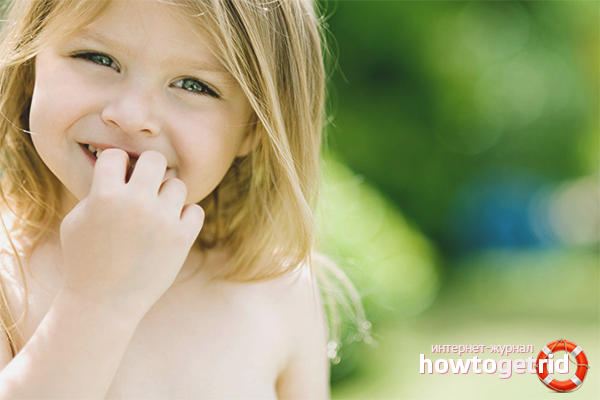
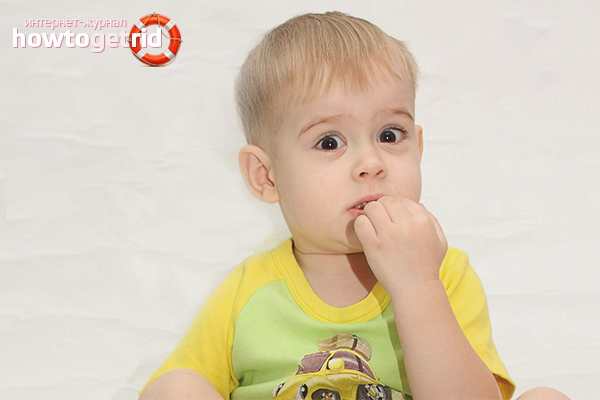

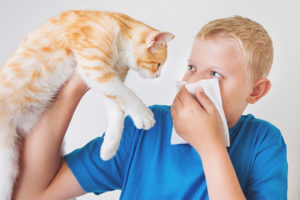

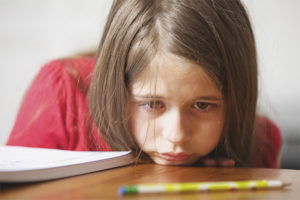

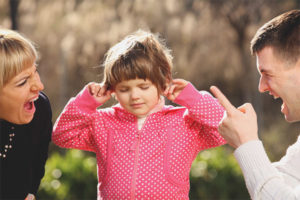

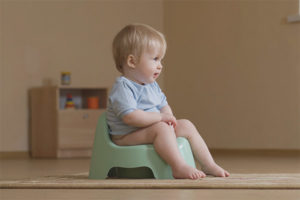
Submit